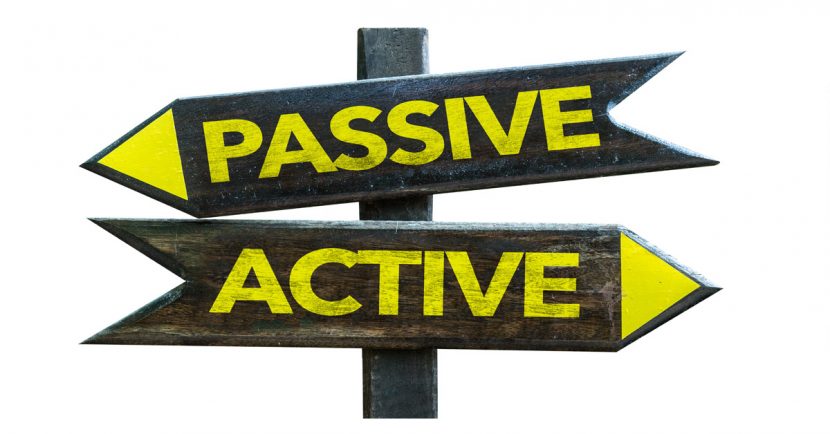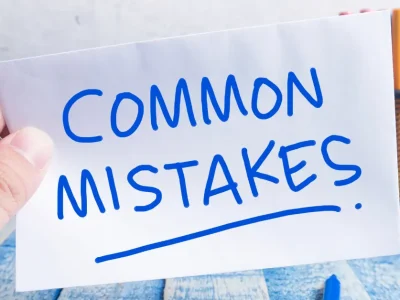Being active is better than being passive, yes? I mean, being physically and mentally active is better than watching that Friends episode again, isn’t it? Well, your writing is no different. Writing in the active voice is better—and UWorld can help you pass on the passive voice!
Being active is better than being passive, right? I mean, being physically active (you know, in all your spare time during bar prep) is better than being a fulltime couch potato, isn’t it? And keeping mentally active (through Sudoku, crossword puzzles, chess, whatever) is better than watching your favorite Friends episode a tenth time, yes?
So why should your writing be any different? Well, it’s not. Writing in the active voice is better than writing in the passive voice.
But what are active and passive voice? Basically, when you use the active voice, the subject of the sentence does something—it’s a mover, a shaker, a doer. In contrast, when you use the passive voice, something is done to the subject of the sentence—it’s little more than a victim. And to make matters worse, passive voice adds extra words (remember to cut the fluff!) and undermines the normal order of a sentence (actor-action-recipient of action), making it harder for your reader to process the information.
The easiest sign of passive voice is a be-verb (e.g., is, are, was, were) followed by a past-tense verb. So be on the lookout for phrases like “is dismissed,” “are docketed,” “was vacated,” and “been denied.” Here are some other examples of the passive voice—and how to make them active:
| Passive | Active |
|---|---|
| The deadline was missed by defense counsel. | Defense counsel missed the deadline. |
| A complaint was lodged with the agency by the neighbor. | The neighbor lodged a complaint with the agency. |
| The chandelier could not be removed by the tenant. | The tenant could not remove the chandelier. |
| The energy company has been sanctioned by the government on three occasions. | The government has sanctioned the energy company on three occasions. |
| For liability based on respondeat superior, the person who committed the acts must have been employed or controlled by the defendant. | For liability based on respondeat superior, the defendant must have employed or controlled the person who committed the acts. |
| The petition had been filed in a timely manner. | The plaintiff had filed the petition in a timely manner. (Yeah, sometimes you need to add a subject—here, “The plaintiff”—to avoid the passive voice) |
| The defendant’s motion should be granted if one of the required elements of the plaintiff’s claim is disproved. | The court should grant the defendant’s motion if it disproves one of the required elements of the plaintiff’s claim. (This one adds two subjects—”The court” and “it”—to eliminate the passive voice) |
But before you banish all passive voice from your writing, let’s tap the brakes a bit. After spending years learning rules and sub-rules and sub-sub rules at law school, you pretty much knew that there would be exceptions, right? Here are some situations where passive voice is perfectly proper:
| Exception | Example |
|---|---|
| Use passive voice if you want to disguise the actor | The professor has been called brilliant. |
| Use passive voice if you want to deemphasize the actor | Her dog was hit by the defendant. |
| Use passive voice to avoid mentioning an actor whose identity is obvious | He was elected to Congress. |
| Use passive voice when the actor’s identity is unknown | The vase was damaged in the war. |
In general, though, pass on the passive voice! And if you want to up your Bar prep from passive to active, take a look at UWorld’s expertly crafted explanations. Access the UWorld MBE® QBank or purchase a subscription.




